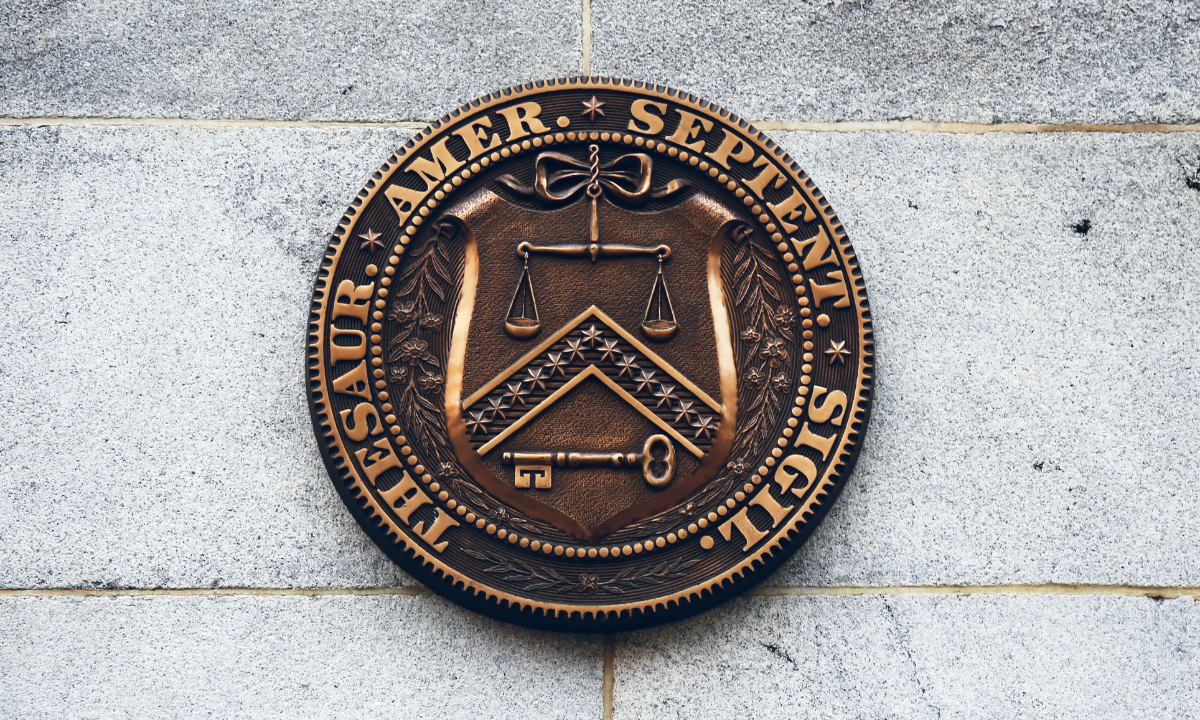Delaware is the nation’s dominant jurisdiction for corporate law and a barometer for the state of corporate litigation. A look at the caseload of the Court of Chancery reveals, among other things, the types of entities engaging in legal action, the nature of disputes, skill sets needed to resolve matters, and the level of resources required for a particular type of case. It can also provide a closer look at a state government’s strategy for generating revenue and courting business entities.
“Delaware’s Shifting Judicial Role in Business Governance,” co-authored by Vanderbilt Law Professor Randall Thomas, Robert Thompson of Georgetown University Law Center, and Harwell Wells from Temple University Beasley School of Law, is a follow-up effort to a 2004 study by Thomas and Thompson that analyzed all suits filed in the Delaware Chancery Court in 1999 and 2000. The latest paper examines all cases filed in the same court in 2018. The co-authors note significant changes and developments in the state’s corporate law landscape.
The Caseload Has Diversified Significantly
Thomas and Thompson’s original study found the vast majority of cases on the dockets in 1999/2000 to fall under the general category of “Entity Governance Cases,” specifically involving matters of fiduciary duty.
The co-authors recent findings show more cases in the categories of “Commercial Non-Governance” — mostly related to one-off agreements negotiated by parties operating at arm’s length – and “General Equity Cases” – non-business-related suits one might normally find in a court of equity.
The matters falling under the category of Entity Governance – fiduciary duty, statutory, and contractual – have shifted proportions as well. The percentage of fiduciary duty and statutory cases have almost flip-flopped, with statutory cases now representing a shallow majority, while the drop in cases of fiduciary duty represent the largest decrease in the study. Contractual cases now represent almost 20% of the caseload, vs 5% in 1999/2000.
“The reasons for the expansion of contractual governance litigation are more complex, but generally reflect the greater prevalence of LLCs among business entities in general and in Delaware, which has become home to many new such entities in recent years,” the authors write.
LLCs Drive an Uptick in Private Corporation Matters
Limited Liability Companies (LLCs) and, to a lesser extent, Limited Partnerships (LPs) occupy more of the court’s time than they did at the turn of the century, particularly in matters pertaining to Statutory and Contract Governance.
This trend underscores more private company representation among defendants across all litigation types. Delaware is typically known as an attractive home for publicly held corporations – a reputation the state still advances, the authors note – but it appears it’s becoming an attractive haven for private ones as well.
Little Evidence that Delaware is Directly Competing for LLC and LP Business
The authors found scant proof that Delaware is competing for LLCs or LPs, or that its Chancery Court is competing for LLC litigation. While the number of LLCs and LPs registered in the state has grown considerably (along with commensurate income), Delaware does not appear to offer any legal benefits different from other states or more favorable registration fees to these entities. Moreover, the highly customized nature of litigation brought by LLCs and LPs makes it difficult to establish a body of legal precedent that would attract litigants or organizations. This stands in contrast with Delaware’s approach to public entities, which do find the state’s legal offerings and historical precedent differentiated and valuable, to the extent where Delaware can charge a premium for incorporation.
Regardless, the study clearly demonstrates that the state’s budget has grown more reliant on LLC organizations, diversifying the caseload and expanding the types of decision-making in which judges on the Chancery Court engage.
“Delaware’s Shifting Judicial Role in Business Governance” was published in the Fall 2022 edition of The Business Lawyer.

